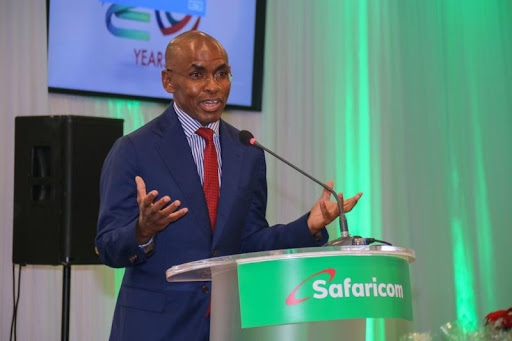The National Police Service has set motion for recruitment of 5,000 officers to enable them to meet personnel demands.
Inspector General of Police Hilary Mutyambai announced that they plan to recruit 4,700 constables and 300 cadets on February 22 at all constituencies.
"Applicants recruited for the training into the service shall be bonded to serve in the National Police Service for a minimum period of 10 years,” he said.
Cadet chief inspectors must be graduates. The recruits will be needed to fill a form for the recruitment and will be trained at the Administration Police Service (APS) campus in Embakasi, Nairobi, and that of the General Service Unit (GSU).
Insiders said police got approval for the exercise after the Treasury released about Sh5 billion for the same. It had been postponed last October after the National Police Service Commission and the IG differed on the recruitment because of unavailability of funds.
The commission met two weeks ago and approved the new exercise. The service has in the past three years been losing about 2,000 officers yearly. The majority are resigning, while others are on an increasing trend retiring.
Some are incapacitated by different work-related hazards, including injuries and diseases. The most alarming is the rate at which officers are dying – a large number committing suicide and some being killed in the line of duty.
The announcement by President Uhuru Kenyatta requiring all officers of the age of 58 and above to take early retirement leave has also seen almost 2,000 officers leave their offices and that has hurt service delivery.
There is a crisis in the service as it had not prepared to stay for more than three years without recruitment to supplement those leaving or dying. Commanders had also not prepared to fill the gaps left by those being pushed out.
There were about 100,000 police officers by 2018, but officials say the number has been depleted because of various reasons by almost 10,000 leaving a huge gap. This had apparently hampered operations in many departments.
The service has been under pressure to increase the number of police stations in various parts of the country but they have not been able because of financial constraints.
And when the President announced changes in the service in 2018, it forced some 24,000 APS officers to move to the Kenya Police. APS is now completely specialised in its core mandate that includes border patrols, guarding critical infrastructure and dealing with stock theft.
Under the new structure, the APS has formed units that include the Special Weapons and Tactics team, Camel Unit, Rapid Deployment Unit, Border Police Unit, APS Stock Theft Prevention Unit and Critical Infrastructure Protection Unit.
This has led to a huge shortage in some units, hence the need for recruitment to fill vacancies.
National Treasury CS Ukur Yatani had in September said in a circular to all PSs and other accounting officers that there would be no costing for recruitment in the 2019-20 budget.
Meanwhile, the service has yet to roll out an initiative to help police officers deal with trauma while on duty. The programme dubbed Muamko Mpya – Healing the Uniform Initiative – is to be directed towards giving psychological support. It was launched last year but the slow pace of the rollout is undermining performance in the service.
Mutyambai had said police officers who are often exposed to trauma that creates deep emotional scars need healing. According to plans, a counselling unit in the service will provide psycho-social support. He ordered departmental heads to ensure counselling is integrated into the police training curriculum.









